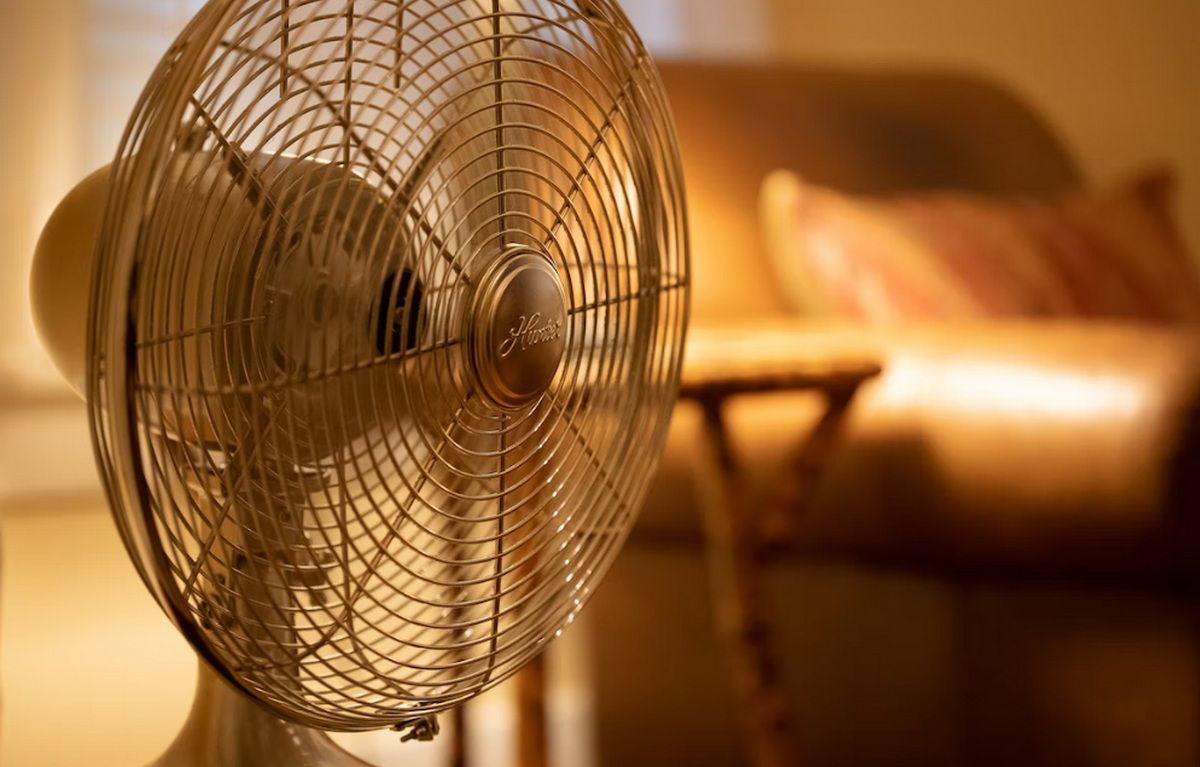

Articles
How Long Can A Fan Run Continuously
Modified: January 19, 2024
Discover how long a fan can run continuously in this informative article. Learn about the potential risks and tips for safe usage.
(Many of the links in this article redirect to a specific reviewed product. Your purchase of these products through affiliate links helps to generate commission for Storables.com, at no extra cost. Learn more)
Introduction
A fan is a common appliance found in homes, offices, and various other places. It provides a cool breeze, circulates air, and keeps us comfortable during hot summer days. Many of us rely on fans to maintain an optimal temperature in our living spaces. But have you ever wondered how long a fan can run continuously?
In this article, we will delve into the operation of fans, explore the factors that can affect their lifespan, and shed light on the recommended run time for fans. Additionally, we will discuss the signs of overuse and share some tips on how to extend the lifespan of your fan.
Let’s dive in and find out how long a fan can run without encountering any issues!
Key Takeaways:
- Regular cleaning, proper maintenance, and adhering to recommended run times can extend a fan’s lifespan. Be mindful of signs of overuse and provide adequate rest to keep your fan in top condition.
- Understanding fan operation and environmental factors can help maximize your fan’s longevity. Follow manufacturer recommendations, address electrical issues, and monitor your fan’s performance for optimal functionality.
Read more: How Long Can A Water Pump Run Continuously
Understanding Fan Operation
Before we discuss the running time of fans, it’s important to understand how they operate. Fans work by rotating blades, which create a flow of air. The movement of the blades generates a breeze that can help cool down a room or provide ventilation.
There are different types of fans, including ceiling fans, pedestal fans, tower fans, and desk fans, each with their own unique features and modes of operation. While some fans have adjustable speeds and oscillation capabilities, others may come with additional features like timers or remote controls.
Regardless of the type, fans typically rely on an electric motor to power the rotation of the blades. The motor converts electrical energy into mechanical energy, enabling the fan to function. It’s important to note that prolonged use of the motor can generate heat, which can affect its performance and longevity.
Now that we have a basic understanding of how fans operate, let’s explore the factors that can impact their lifespan.
Factors Affecting Fan Lifespan
Several factors can influence the lifespan of a fan. It’s important to be aware of these factors to ensure that you can maximize the longevity of your fan:
- Quality and Build: The quality of the fan and its components play a significant role in determining its lifespan. Fans made with durable materials and high-quality motors are likely to have a longer lifespan compared to cheaper, lower-quality alternatives.
- Usage Frequency: The frequency at which you use your fan can impact its lifespan. Fans that are used constantly or for extended periods may experience more wear and tear on their components, leading to a shorter lifespan.
- Cleaning and Maintenance: Regular cleaning and maintenance are essential for optimal fan performance and longevity. Dust and debris accumulation can hinder the fan’s operation and cause strain on its motor. Cleaning the blades, grills, and motor components will help prevent damage and ensure smooth operation.
- Environment and Conditions: The environment in which the fan operates can also affect its lifespan. Factors like humidity, temperature, and exposure to dust or moisture can impact the fan’s performance. Fans subjected to extreme conditions may experience premature wear and require more frequent maintenance.
- Power Surges and Electrical Issues: Power surges or electrical issues can pose a risk to the motor and other electrical components of a fan. Using surge protectors and addressing any electrical problems in your home can help safeguard your fan and extend its lifespan.
By considering these factors and taking proactive measures to address them, you can help ensure that your fan lasts for a long time.
Recommended Run Time for Fans
While fans are designed to run continuously, it’s important to be mindful of their usage to maintain their longevity and prevent any potential issues. The recommended run time for fans can vary depending on factors such as the fan type, quality, and environment. However, a general guideline is to allow your fan to rest after running continuously for 8 to 12 hours.
This break allows the fan’s motor and other components to cool down, reducing the risk of overheating and potential damage. It also gives you an opportunity to clean the fan and remove any accumulated dust or debris. Regular cleaning helps maintain the efficiency of the fan and promotes better air circulation.
However, it’s essential to note that this recommended run time is not a hard and fast rule. It’s perfectly acceptable to use your fan for longer periods occasionally, especially during hot summer days or in areas with high humidity. Just make sure to provide sufficient rest and maintenance to keep the fan in good working condition.
It’s also worth considering the specific instructions provided by the manufacturer. Different fan models may have varying recommendations regarding run time and maintenance. Checking the user manual or consulting the manufacturer’s website can provide valuable insights into the optimal usage patterns for your fan.
By adhering to the recommended run time and practicing proper maintenance, you can extend the lifespan of your fan and ensure its continued functionality and performance.
To ensure a fan’s longevity, it’s best to give it a break every 8-12 hours of continuous use. This will prevent overheating and extend its lifespan.
Signs of Overuse
Overusing a fan can lead to various issues and reduce its lifespan. Here are some signs that may indicate your fan has been running for too long:
- Noise: If you notice an increase in noise coming from your fan, it could be a sign of overuse. Prolonged operation can put strain on the fan’s motor or bearings, resulting in unusual sounds.
- Reduced Airflow: Over time, excessive use of a fan can lead to decreased airflow. If you sense that your fan is no longer providing the same level of cooling or circulation as before, it may be a result of overuse.
- Motor Overheating: A fan that has been running continuously for an extended period may experience motor overheating. If the fan feels excessively hot to the touch or emits a burning smell, it’s a clear sign of overuse.
- Inconsistent Operation: Overused fans can exhibit inconsistent performance, including irregular speeds, intermittent operation, or sudden stops. These issues indicate that the fan’s components are under stress and in need of a break.
- Dust and Dirt Buildup: If you notice a significant accumulation of dust and dirt on the blades, grills, or motor of your fan, it could be a sign that it has been running for too long without proper cleaning or maintenance.
If you observe any of these signs, it’s essential to give your fan a break and allow it to cool down. Take the time to clean the fan and inspect its components for any damage. If the issues persist, it may be necessary to consult a professional or consider replacing the fan.
Remember, taking proactive measures to prevent overuse and addressing any signs of wear and tear can help prolong the lifespan of your fan.
Read more: How Long Should An Attic Fan Run
Extending the Lifespan of Your Fan
If you want to maximize the lifespan of your fan and ensure its efficient operation for years to come, here are some tips to consider:
- Follow Proper Cleaning and Maintenance: Regularly clean your fan by removing dust and debris from the blades, grills, and motor. Wipe down the exterior surfaces and ensure that all parts are dry before operating the fan.
- Provide Adequate Ventilation: Ensure that the fan has enough space around it to promote proper airflow. Avoid placing it against walls or furniture that may obstruct the airflow and cause the fan to work harder.
- Avoid Overuse: Follow the recommended run time for your fan, allowing it to rest after continuous use. Give it a break for at least a few hours before using it again, allowing the motor and other components to cool down.
- Use in Suitable Conditions: Avoid exposing the fan to extreme temperatures, high humidity, or moisture. If you live in a particularly humid environment, consider using a dehumidifier alongside the fan to reduce the strain on its components.
- Address Electrical Issues: Ensure that the fan is connected to a stable power source and use surge protectors to prevent electrical damage. If you experience any electrical issues, such as flickering lights or power surges, address them promptly to protect your fan.
- Monitor and Address Any Issues: Keep an eye out for signs of overuse, such as unusual noises, reduced airflow, or motor overheating. If you notice any of these issues, take appropriate action by giving the fan a break, cleaning it thoroughly, or seeking professional help if necessary.
By following these guidelines and taking proactive care of your fan, you can extend its lifespan and ensure optimal performance throughout its life.
Conclusion
Fans are reliable appliances that provide us with cool air and help maintain a comfortable environment. Understanding their operation and knowing how to properly use and care for them can significantly extend their lifespan.
By following the recommended run time, practicing regular cleaning and maintenance, and being mindful of environmental factors, you can ensure that your fan remains in good working condition for years to come.
Remember to listen to your fan and be aware of any signs of overuse or potential issues. Take the time to clean the fan and give it a break when needed. When properly cared for, your fan will continue to keep you cool and comfortable, contributing to a pleasant living or working space.
So, enjoy the cool breeze and let your fan serve you well by giving it the attention it deserves!
Frequently Asked Questions about How Long Can A Fan Run Continuously
Was this page helpful?
At Storables.com, we guarantee accurate and reliable information. Our content, validated by Expert Board Contributors, is crafted following stringent Editorial Policies. We're committed to providing you with well-researched, expert-backed insights for all your informational needs.

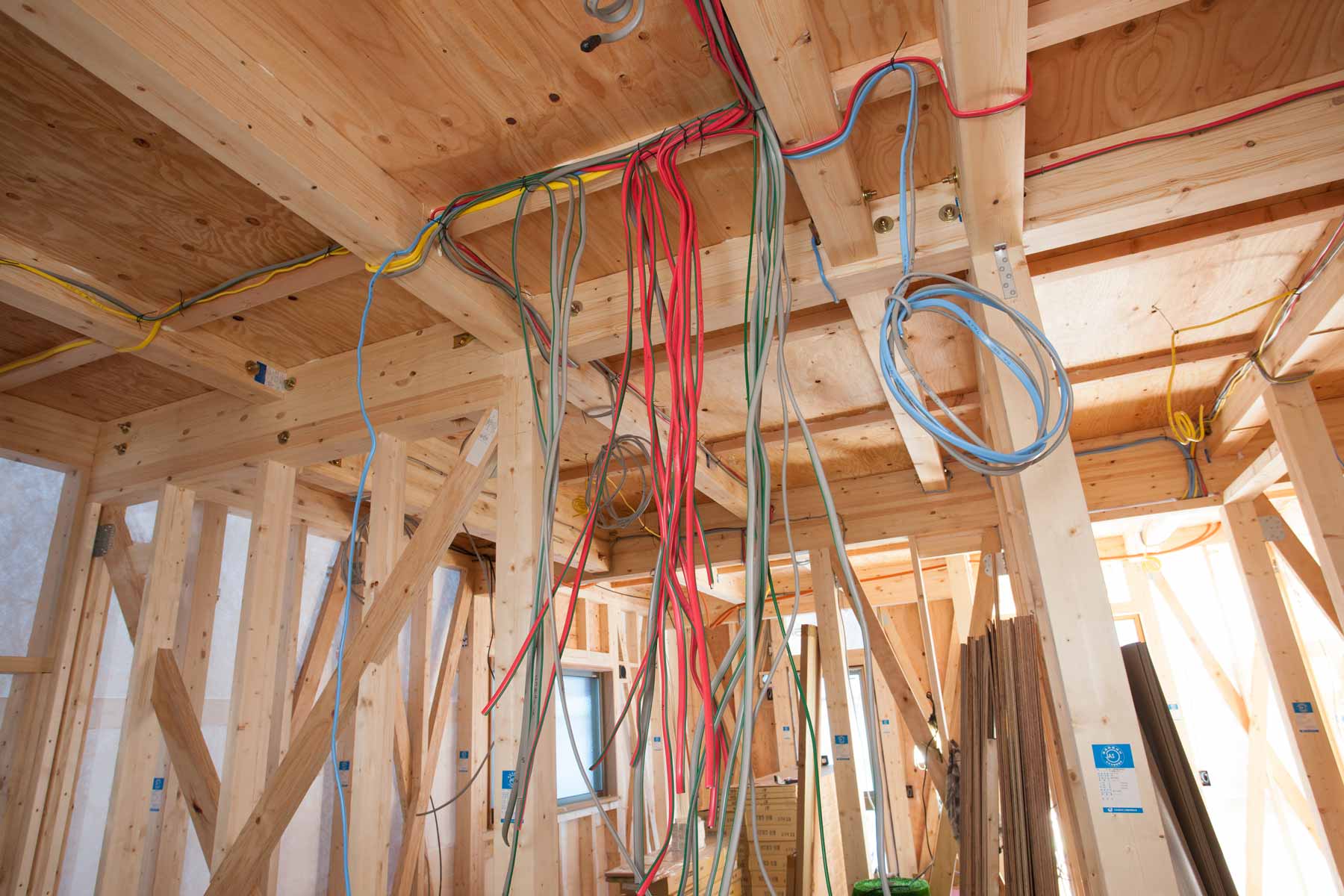

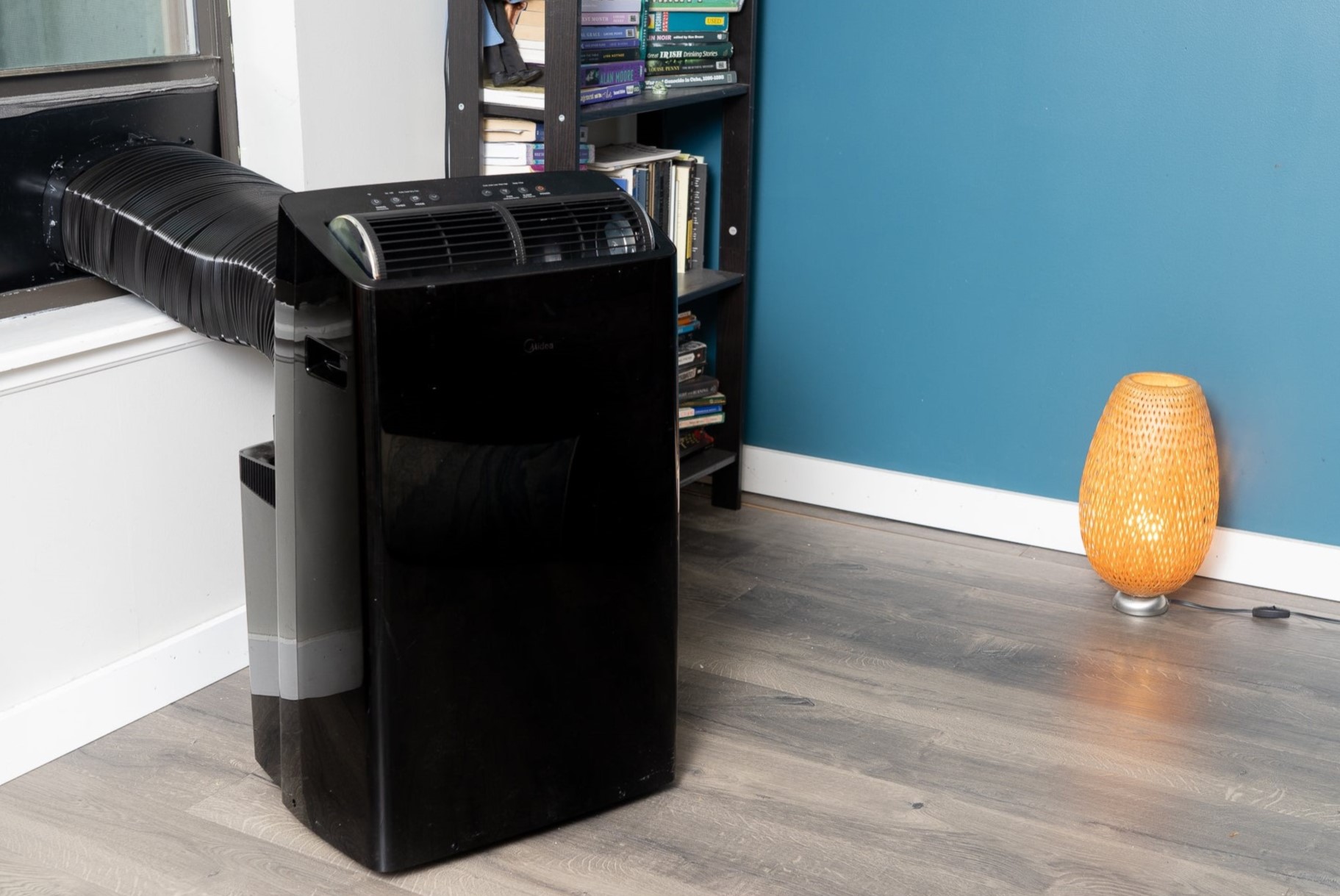
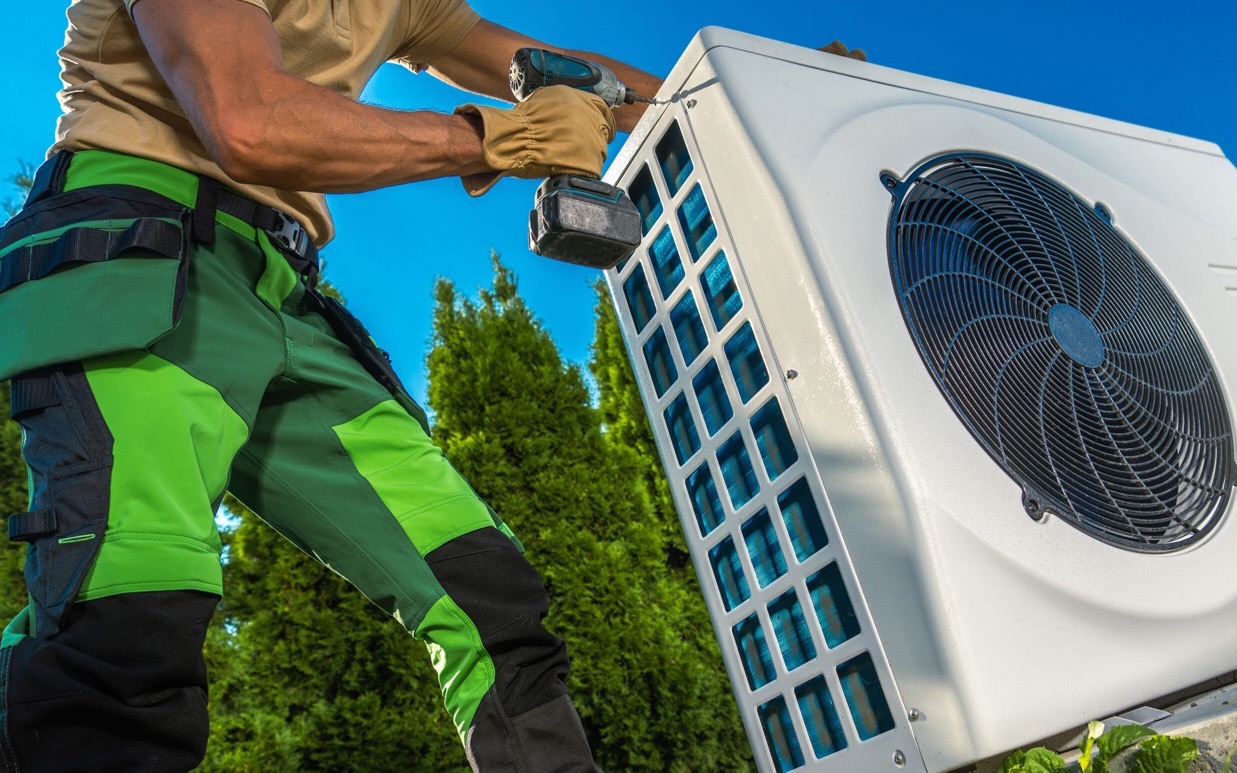
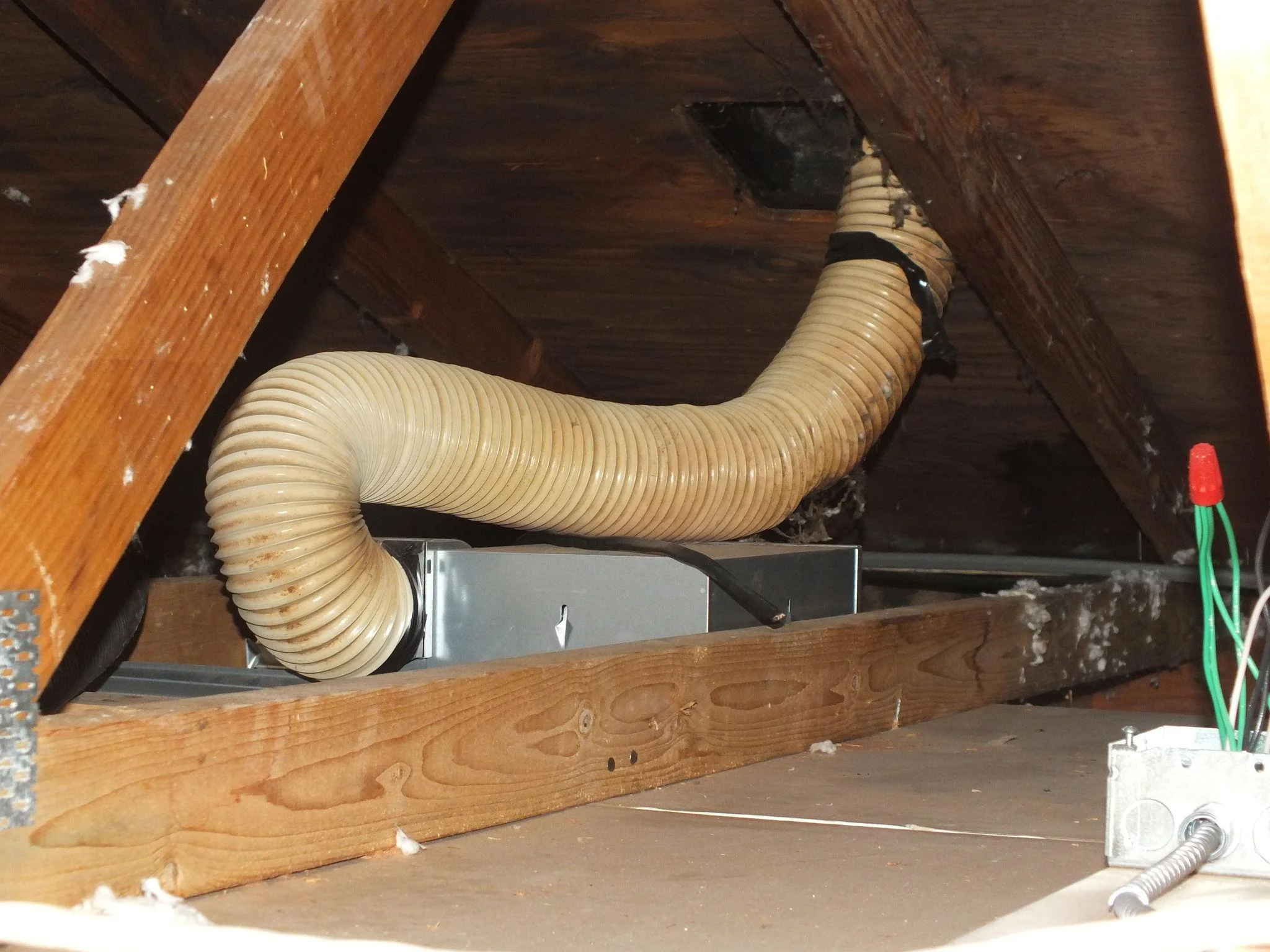
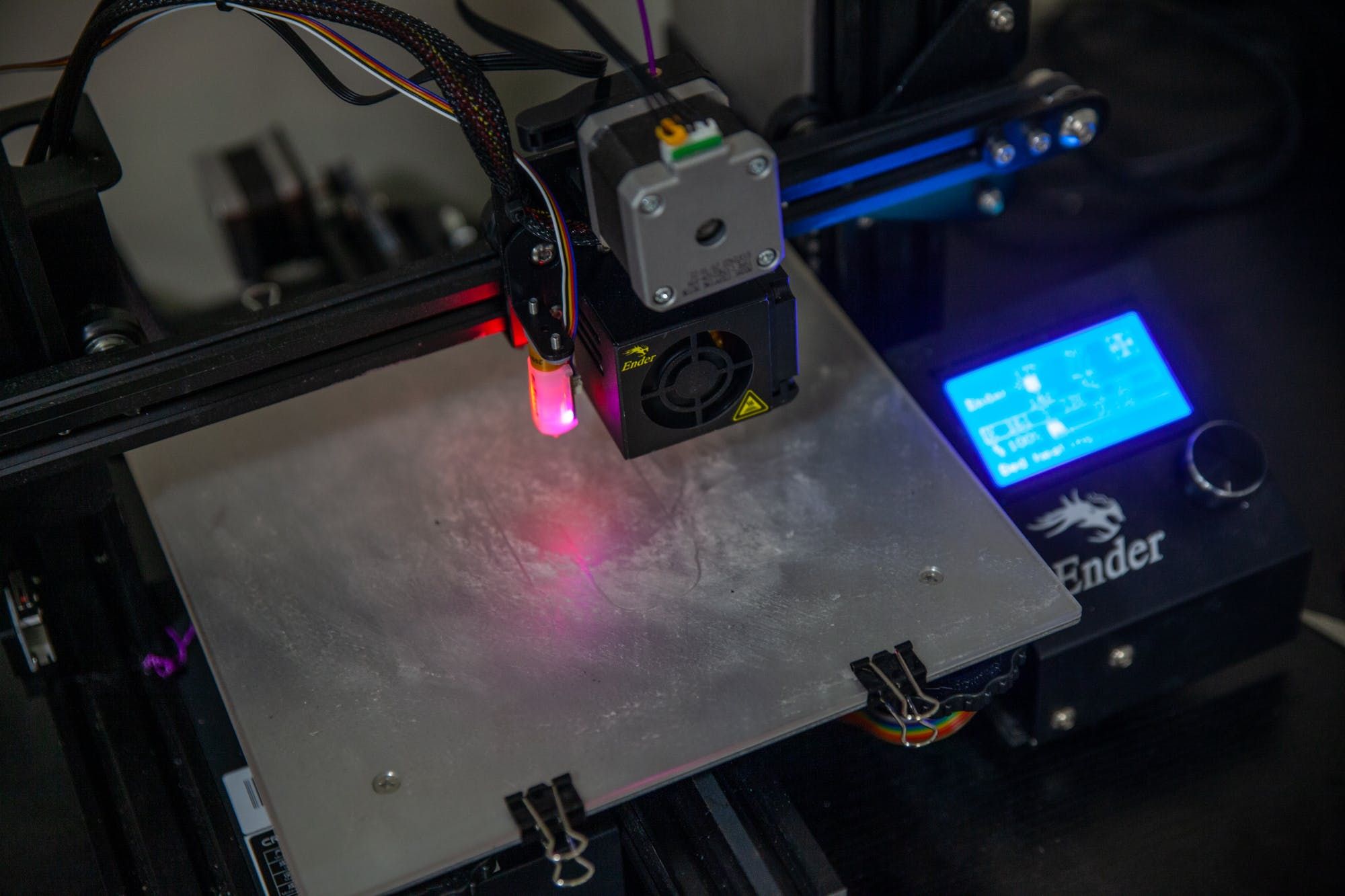

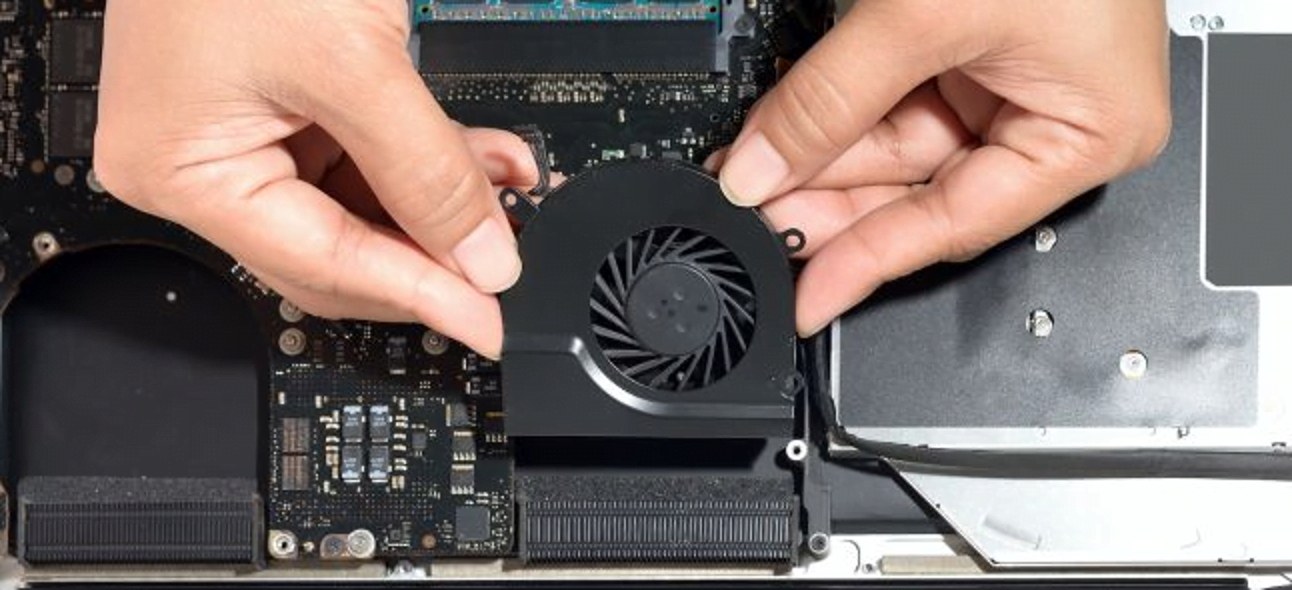

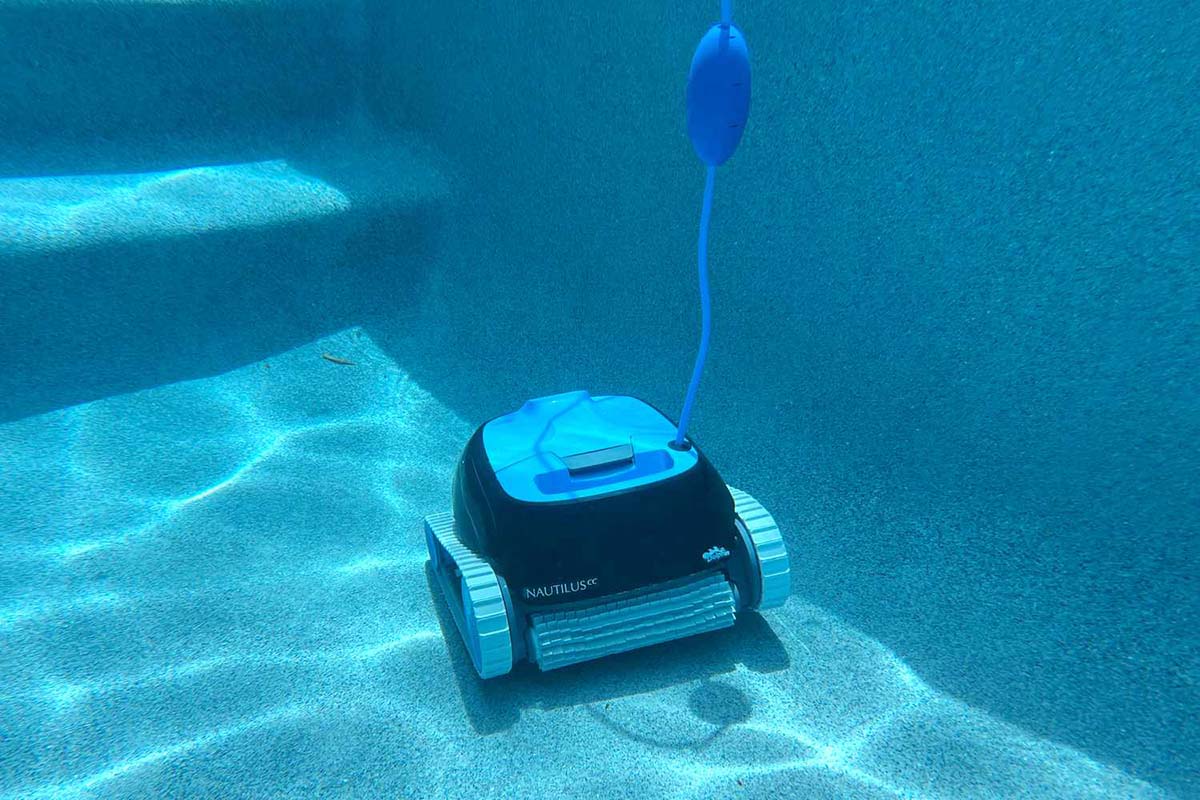
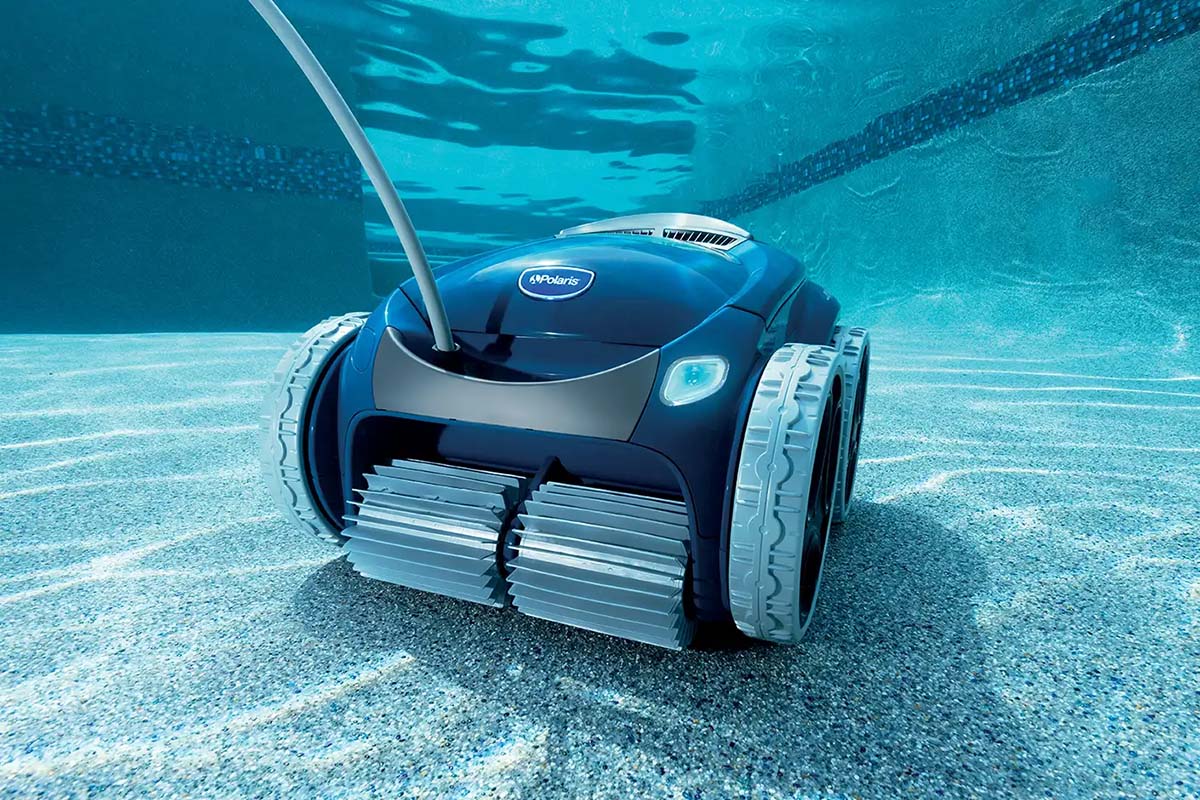

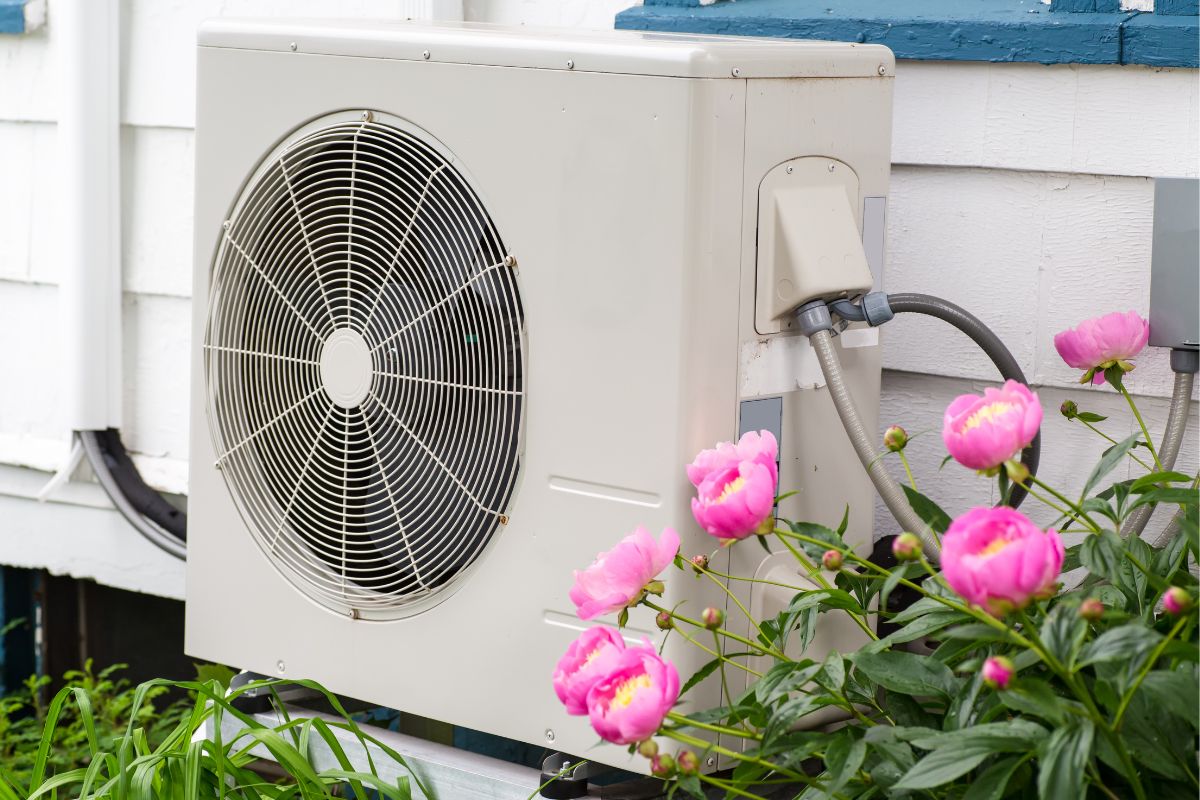

0 thoughts on “How Long Can A Fan Run Continuously”